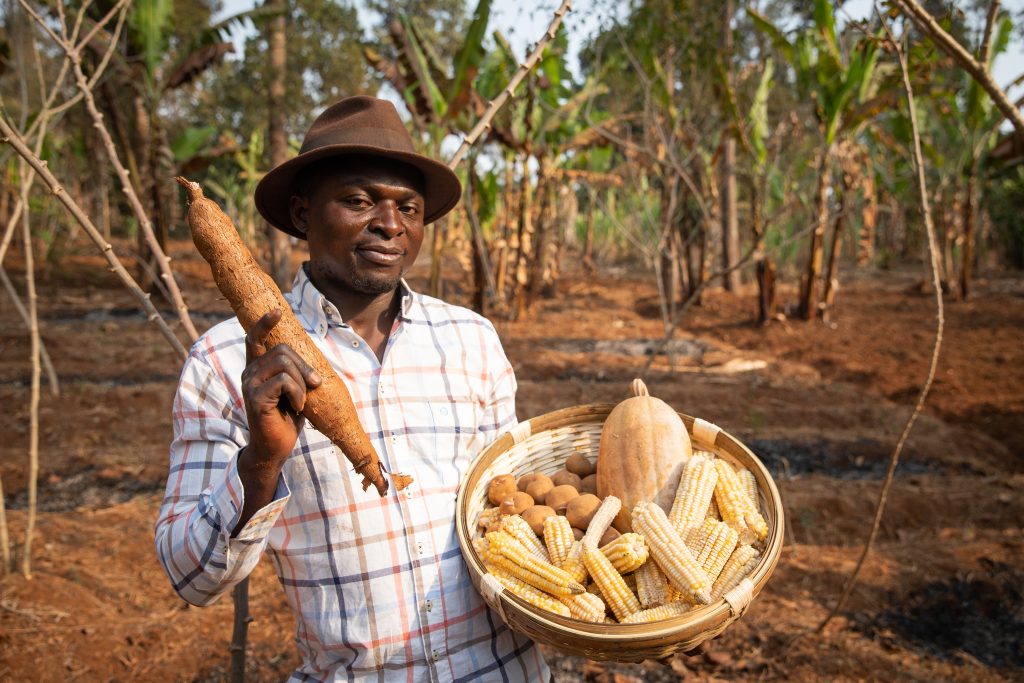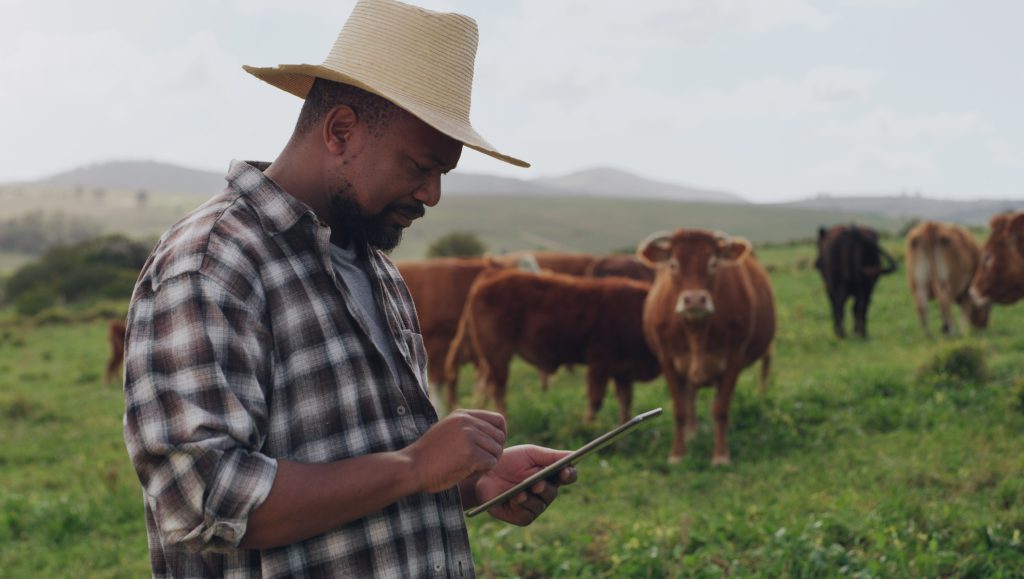How to Avoid Land Fraud in Coastal Kenya

1. Understanding the Risk Land fraud remains a serious issue along Kenya’s coast due to overlapping titles, informal settlements, and illegal allocations. Scammers target both locals and diaspora investors. 2. Conduct Thorough Due Diligence Always obtain a copy of the title deed and perform a search at the local Lands Registry. Confirm the authenticity of the land, boundaries, and ownership history. 3. Engage a Licensed Surveyor and Advocate A professional surveyor will confirm land boundaries, while a qualified advocate ensures the legal process is correct. Never rely on photocopies or verbal agreements. 4. Avoid Middlemen and “Too Good to Be True” Deals Fraudsters often pose as brokers offering cheap land near Lamu, Kilifi, or Malindi. Genuine land transactions are transparent and supported by verifiable documentation. 5. Use Secure Payment and Title Transfer Channels All payments should go through traceable bank transfers, never in cash. Demand a formal sale agreement and ensure the title transfer is done in your name at the Lands Office before releasing full payment.
Diaspora Guide to Buying Farmland in Kenya

1. Why the Diaspora Is Investing Back Home Kenyans abroad are increasingly channeling remittances into farmland and agribusiness. Unlike urban real estate, farmland offers long-term appreciation, passive income, and social impact. 2. Verify Before You Buy Start by confirming land ownership with the Ministry of Lands or a trusted advocate. Ensure the title deed is genuine, unencumbered, and matches the seller’s ID. Avoid “quick deals” that skip due diligence. 3. Work with Trusted Partners Engage reputable property consultants or agribusiness firms that specialize in managing diaspora investments. They can handle sourcing, verification, and operations transparently. 4. Choose the Right Location Coastal and central counties—like Lamu, Kilifi, and Laikipia—offer excellent potential for livestock, horticulture, or tourism projects. Always match location with your intended use (e.g., irrigation for farming or proximity to ports for export). 5. Monitor Your Investment Digitally Use digital dashboards, GPS mapping, and periodic reporting systems. Technology now allows diaspora investors to monitor their farms remotely, ensuring peace of mind and accountability.
The Future of Sustainable Agribusiness in Kenya

1. From Traditional to Climate-Smart Farming Kenya’s agriculture sector is rapidly shifting toward sustainable practices that reduce emissions, conserve water, and build resilience to droughts. Innovations like drip irrigation, solar pumping, and hydroponics are redefining production systems. 2. Youth and Technology Integration Tech-savvy youth are transforming farming into a data-driven enterprise. Mobile apps, drones, and digital marketplaces now connect farmers directly to buyers, cutting out middlemen and improving profits. 3. Green Financing Opportunities Sustainability is also financial. Agribusinesses embracing renewable energy, organic certification, or reforestation now qualify for climate-smart grants and carbon-credit partnerships. 4. Livestock and Fodder Integration Combining livestock farming with fodder production (like Brachiaria and hydroponic sorghum) ensures feed security and higher returns. Integrated systems reduce dependency on rainfall and enhance productivity year-round. 5. Policy Support and Regional Trade Government initiatives—like the Agricultural Transformation Strategy and AfCFTA—create cross-border opportunities. Sustainable agribusiness is no longer an option; it’s the future of Kenya’s food economy.
How GPS Herding Protects Your Livestock Investment

1. The Rise of Smart Livestock Management Livestock theft, stray losses, and inefficient herding cost pastoralists millions annually. GPS-enabled collars and smart tags now offer real-time monitoring—revolutionizing how farmers track and protect their herds. 2. Real-Time Location Tracking Modern GPS collars send live coordinates to your smartphone, allowing you to know exactly where each animal is. If a cow or camel strays outside its grazing zone, the system triggers an instant alert. 3. Theft Prevention and Rapid Recovery GPS herding helps recover stolen animals faster by providing accurate movement history and geofence alerts. It acts as both a deterrent and a powerful recovery tool in rural and peri-urban settings. 4. Improved Grazing Efficiency Smart tracking helps you identify under-grazed and over-grazed areas, promoting pasture rotation and sustainability. Over time, this improves productivity and reduces environmental degradation. 5. Data-Driven Livestock Management Beyond security, GPS systems record health, activity, and feeding behavior. Such data supports better breeding, feeding, and veterinary decisions—making your livestock enterprise more profitable and sustainable.

